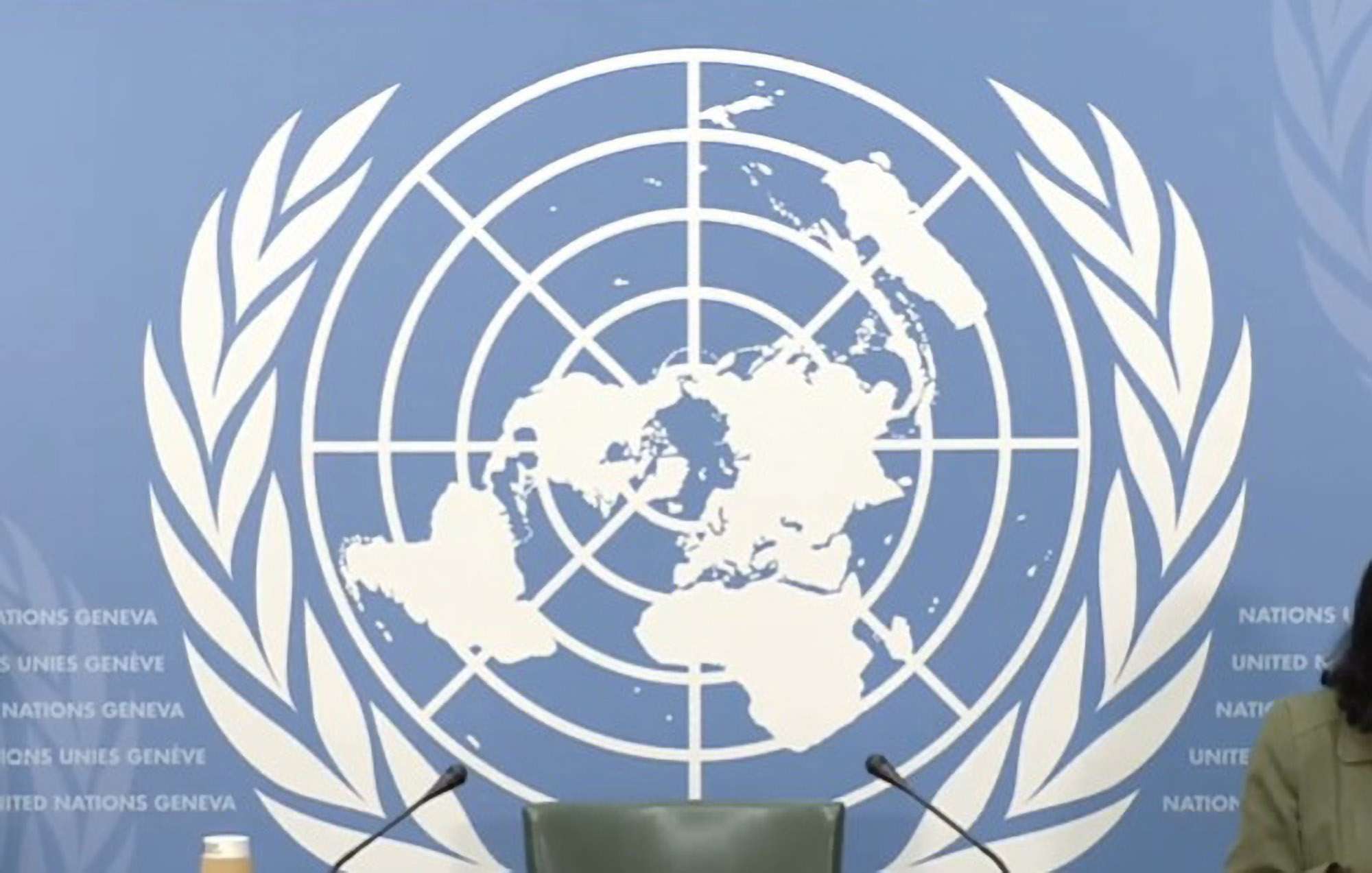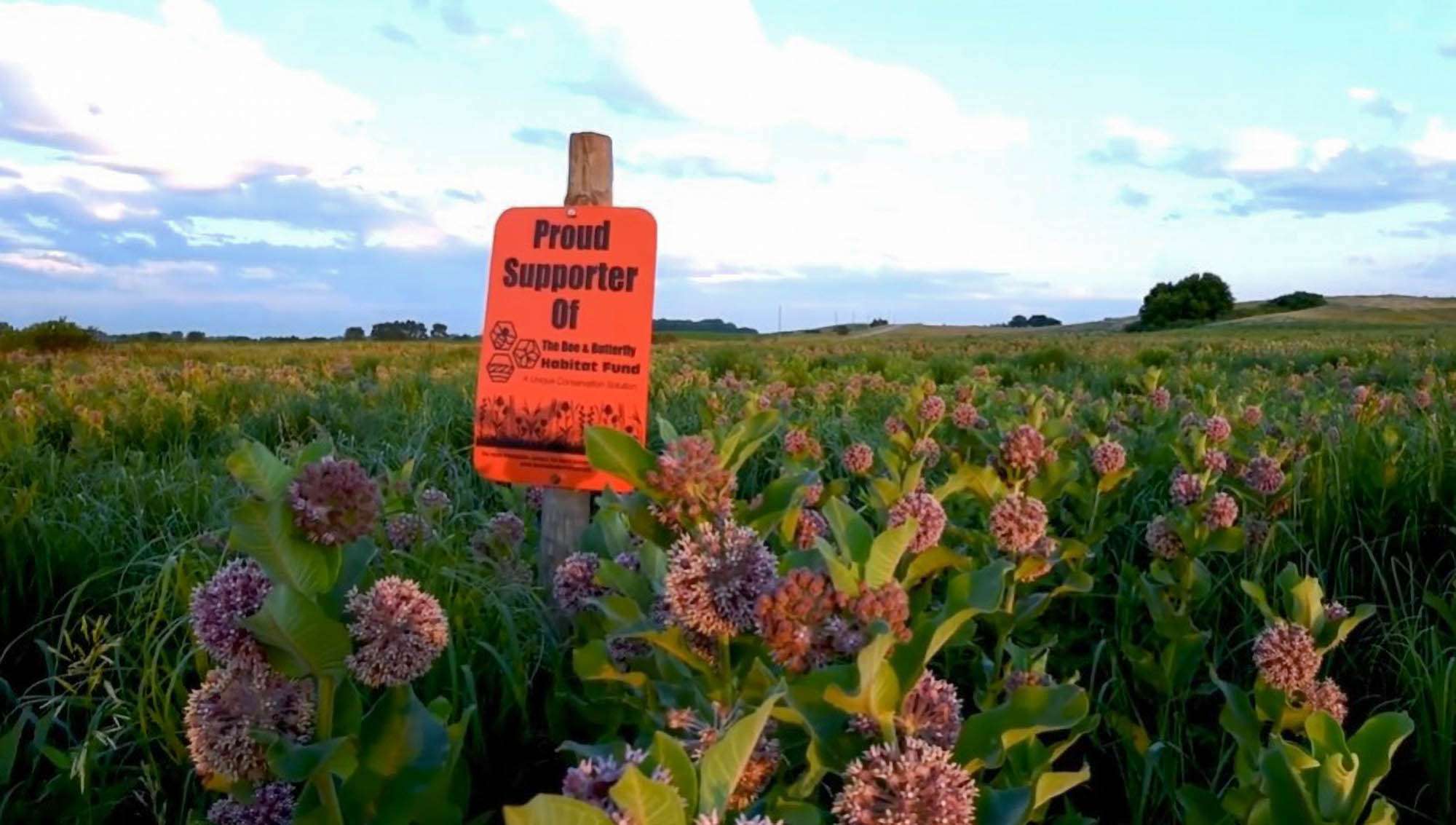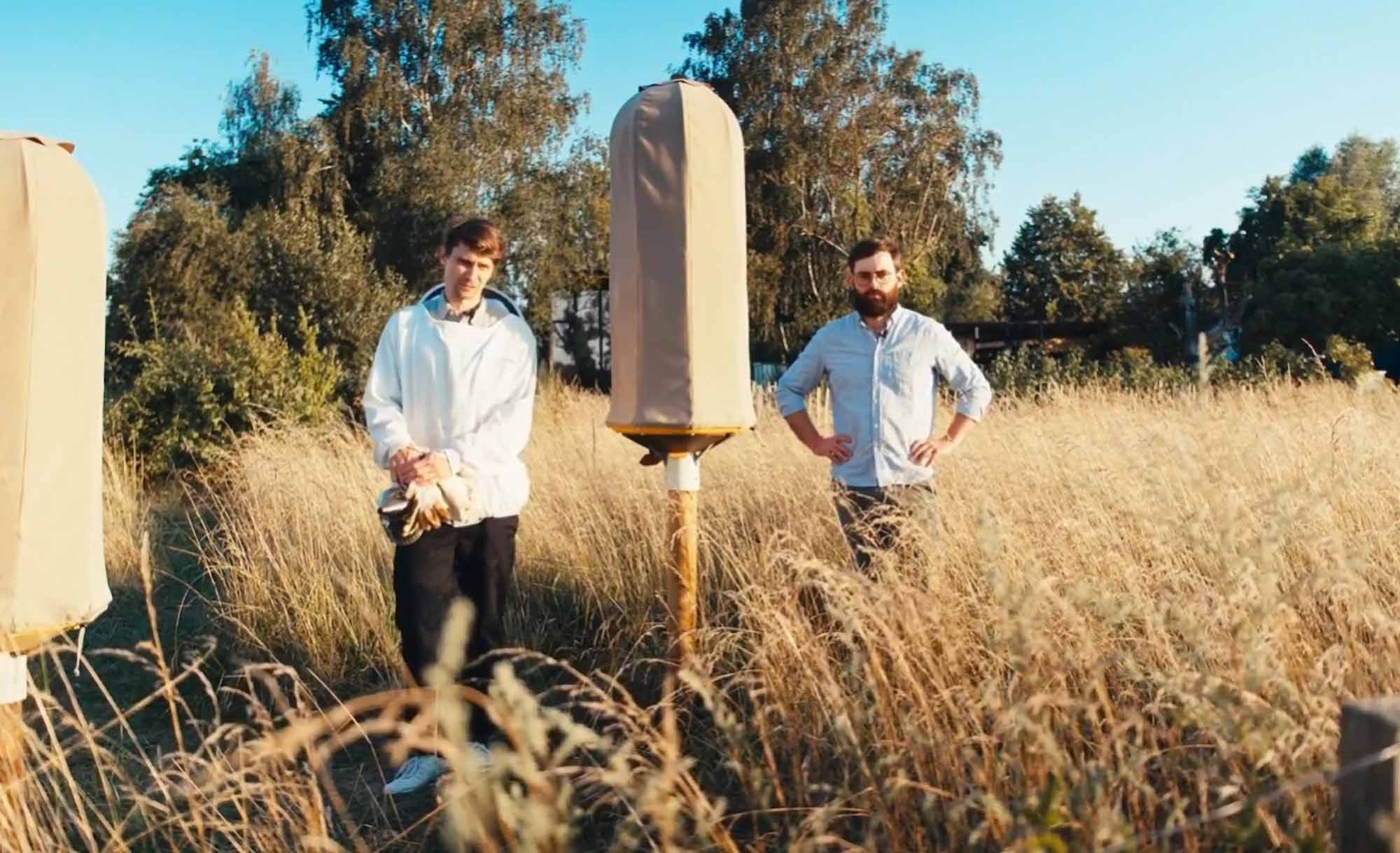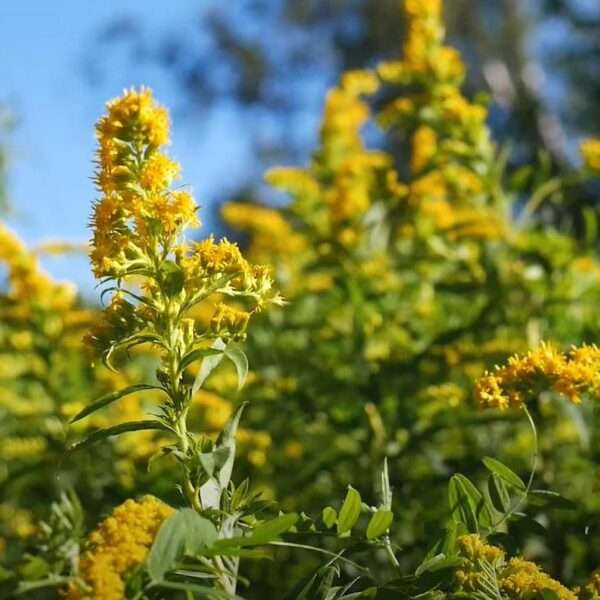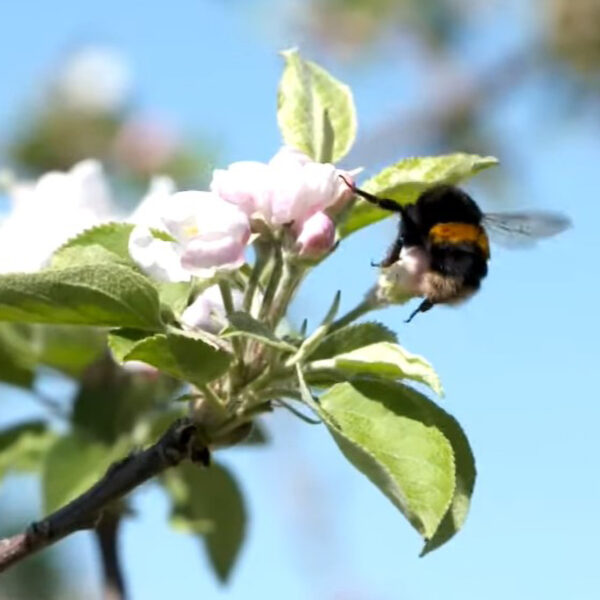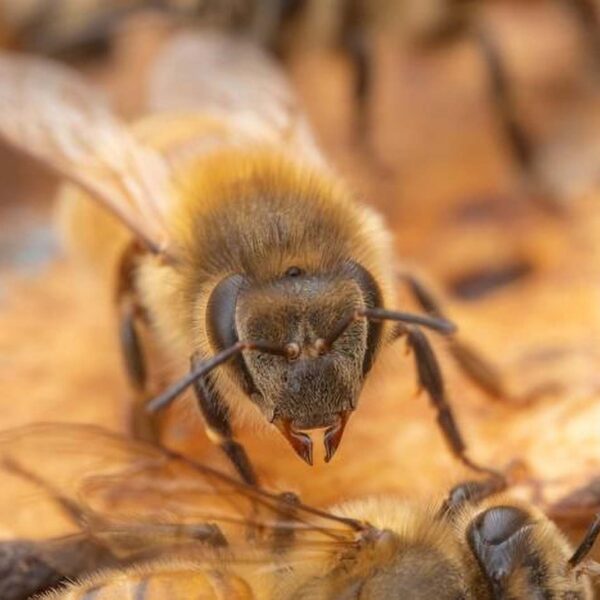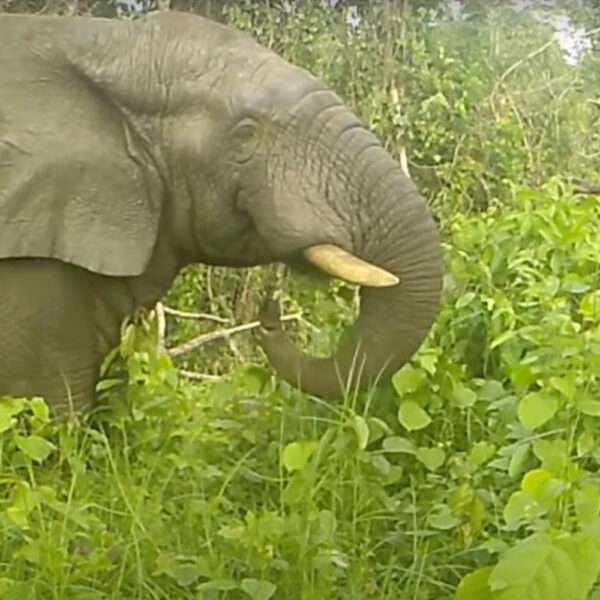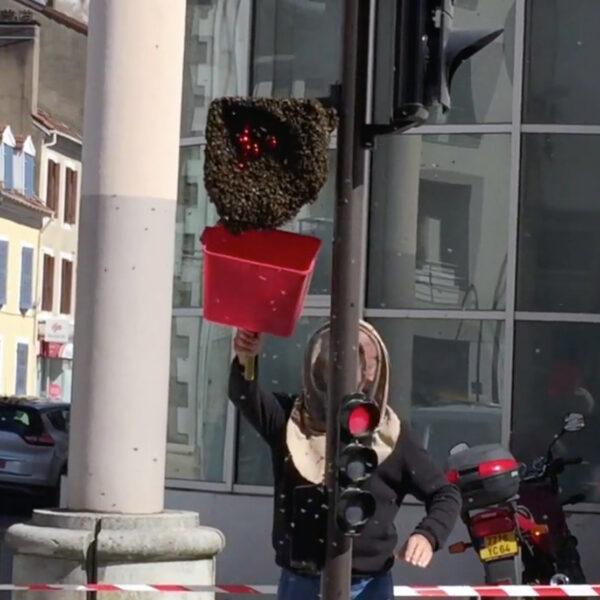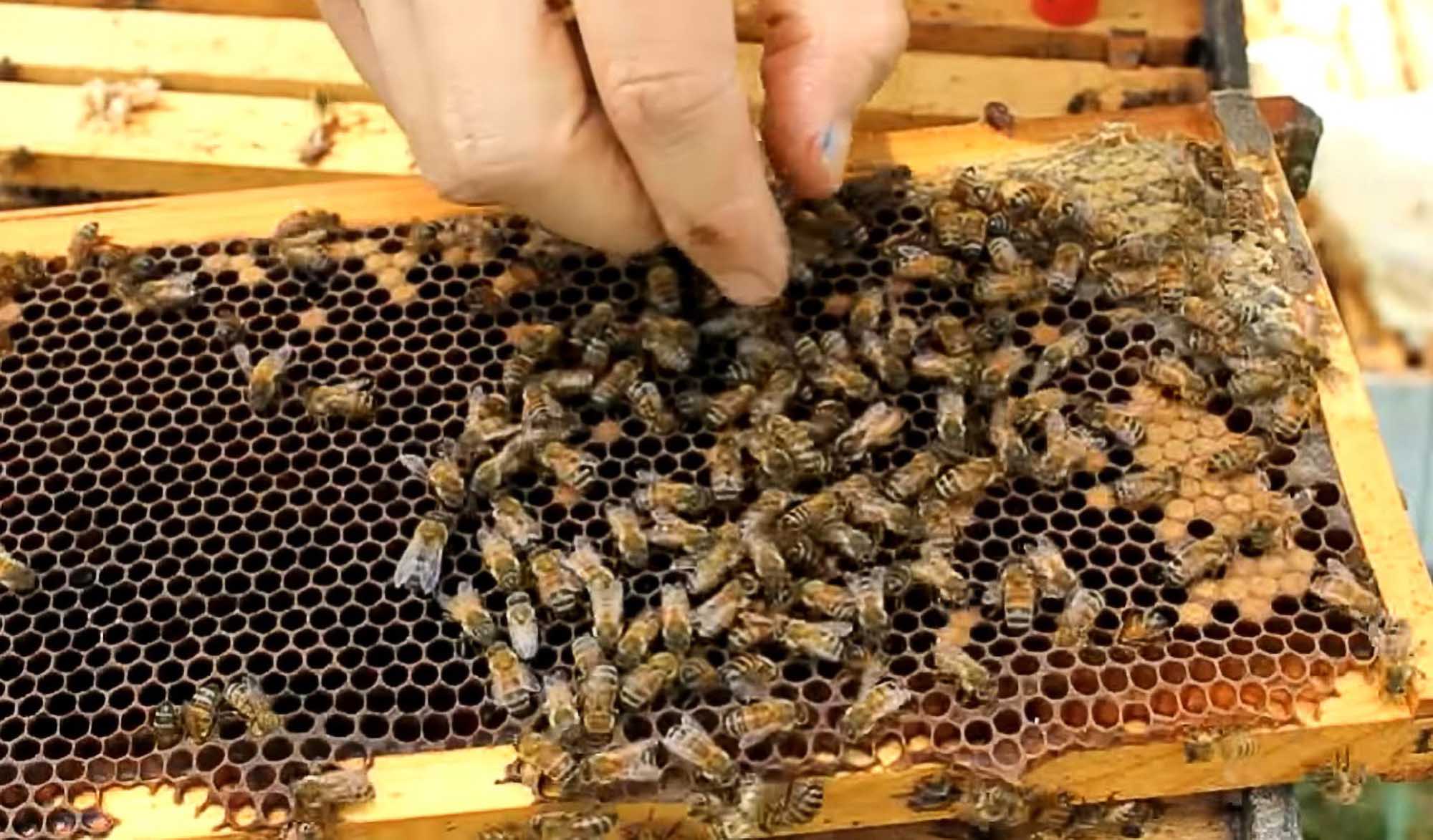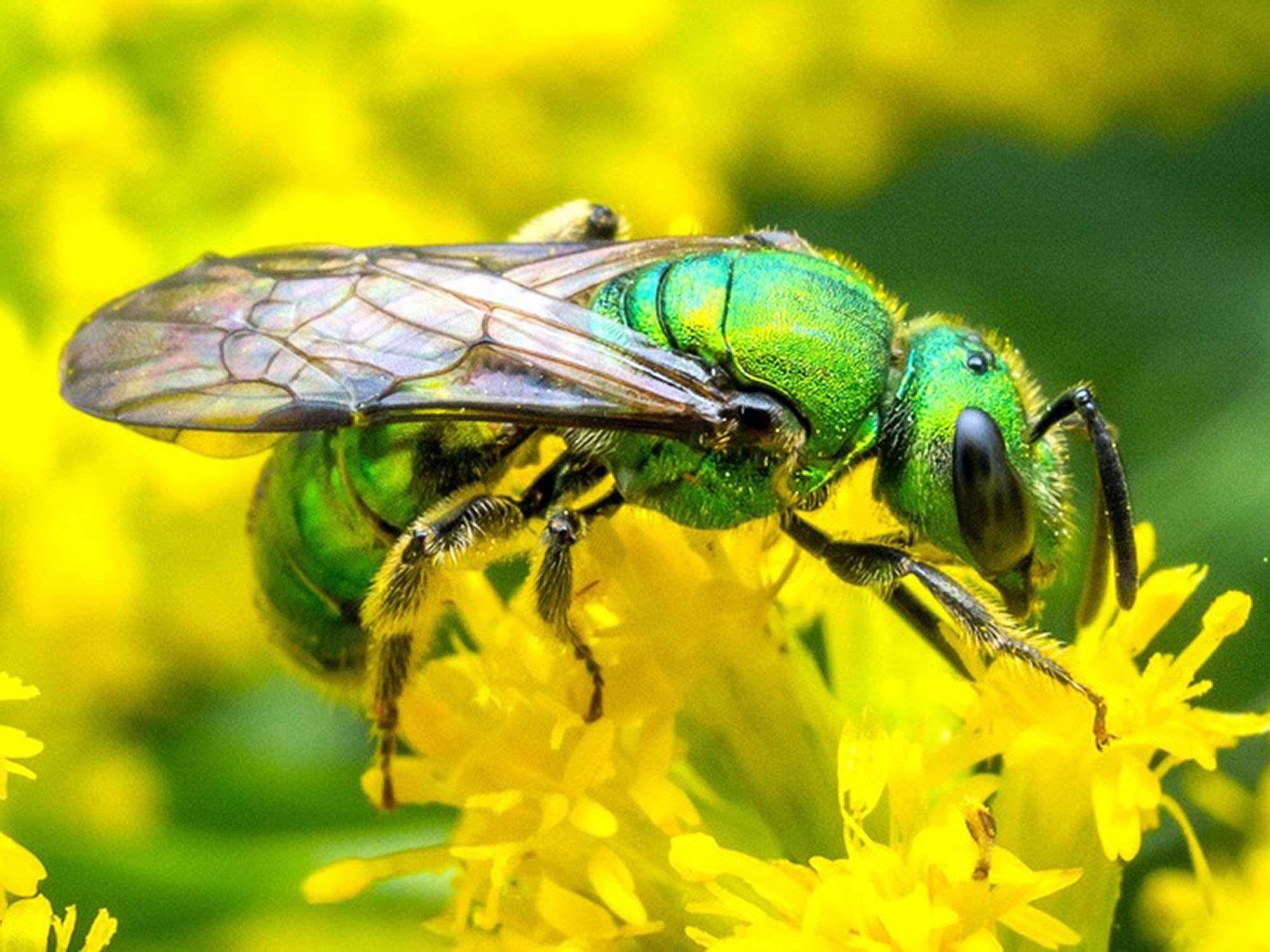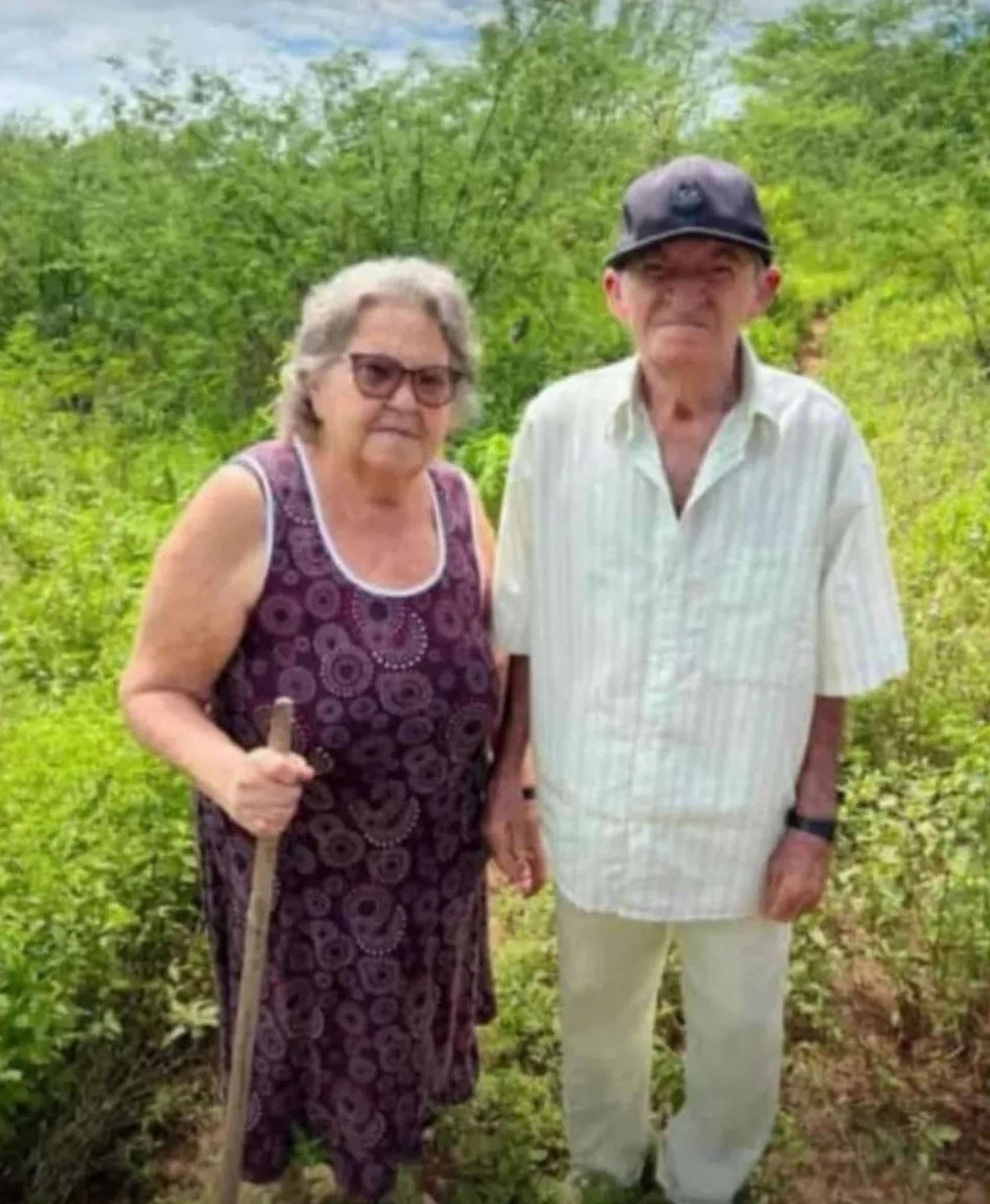A project aimed at helping female beekeepers in one of the poorest regions of Angola to improve their earnings could also pave the way for better diversification of the country’s oil-driven economy.
The United Nations Conference on Trade and Development (UNCTAD) cooperated with the José Eduardo dos Santos University in the city of Huambo to organise a workshop for seven women based in the province of the same name.
The female apiarists were informed about how to improve the quality of their honey and attract more customers. The project is part of an initiative funded by the European Union which focuses on assisting the Southern African country to reduce its dependence on producing and selling oil.
The Organization of the Petroleum Exporting Countries (OPEC) identifies Angola – a country of more than 34 million residents – as the second-largest oil producer of the continent. However, several economic analysis groups report that Angola recently overtook Nigeria.
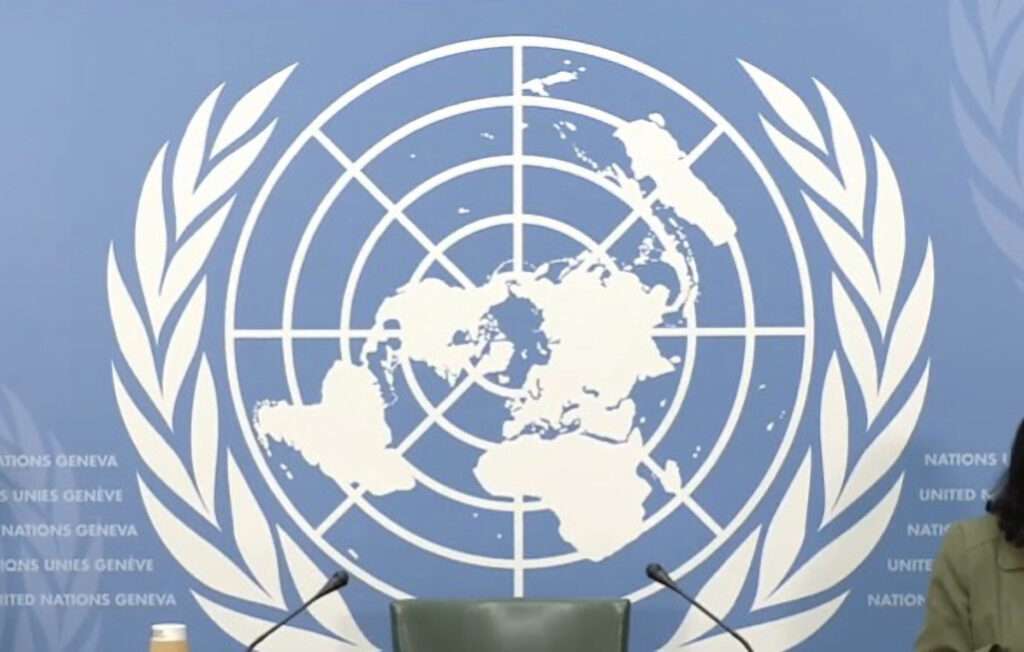
The UN says that, at over 90 per cent, oil takes the lion’s share of the country’s exports.
Mavilde de Assuncao Alves is one of the female beekeepers attending the UNCTAD seminar.
Mavilde – who has been engaged in apiculture for nearly 15 years – sells her honey at a stand on her hometown’s main road or at the local market.
The Bailundo-based 57-year-old now feels more confident about the future, the UN reports. Mavilde – who admits that she has found beekeeping challenging at times – is quoted as saying: “I have many customers. My dream is to spread the knowledge and increase honey production.”
Mavilde’s hives are situated at several locations all over her 45-hectare farmland where she grows beans, corn and potatoes.
Over the years, Mavilde has reportedly struggled to maintain her hives. Their number decreased from 15 to eight, according to a statement by UNCTAD.
The information provided by experts at the workshop is meant to help her enhance her skills to avoid further loss of colonies.
Apart from various aspects of modern beekeeping techniques, the education programme covered topics such as honey quality control and forest conservation.
Harvesting honey has been identified as a “promising” eco-friendly prospect for Angola in a study carried out by UNCTAD and national stakeholders for its potential to “create new economic opportunities in rural communities.”
In a statement obtained by NewsX, the UN organisation informs: “Although Angola only produces around 90 tons of honey a year, UNCTAD estimates show this could increase to 200 tonnes with improved production methods.”
UNCTAD official Teresa Moreira called Angola “a country with great potential to produce high-quality honey.”
She explained: “The country has a diverse range of flora, including several species of flowering plants that provide abundant nectar and pollen for bees. And its warm and humid climate is ideal for beekeeping.”
Marisa Rodrigues is one of the project’s lead trainers for the project.
She underlined that beekeeping has been regarded as “an activity for men” for many years.
Marisa is convinced that educating female apiarists could ameliorate their skills.
She concluded: “Beekeeping can give women a sense of empowerment and independence as they take on leadership roles in their communities.”

